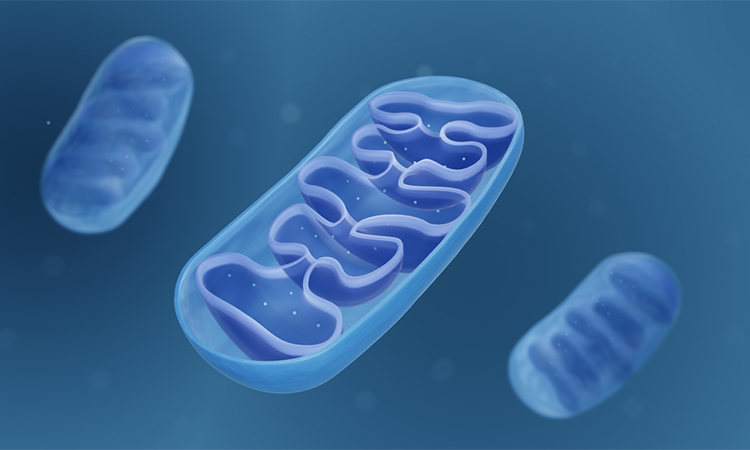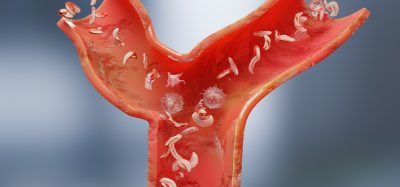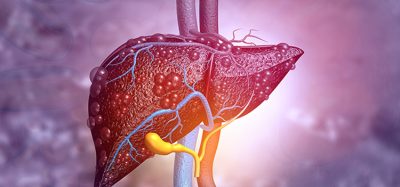New mitochondrial disease identified in identical twins
Posted: 18 October 2022 | Izzy Wood (Drug Target Review) | No comments yet
Unlike other mitochondrial diseases, a newly discovered form leads to hyperactive mitochondria, causing patients to have low body weight despite excessive food intake.


Researchers at Massachusetts General Hospital (MGH) and Children’s Hospital Philadelphia (CHOP), both US, have discovered a new mitochondrial disease in a set of identical twins, that has not been previously reported.
Mitochondria are specialised compartments within cells that contain their own DNA and convert food into the energy needed to sustain life. Typically, diseases that affect mitochondria interfere with their function, but in these two patients, the mitochondria were hyperactive.
As reported in the New England Journal of Medicine, even though the siblings were eating far more calories than needed, their body weights remained very low.
Genome sequencing revealed a mutation in an enzyme called the mitochondrial ATP synthase, which is required by cells to generate the energy storage molecule ATP.
Experiments indicated that this mutation creates “leaky” mitochondria that dissipate energy — a process called mitochondrial uncoupling.
The authors note that additional studies on mitochondrial uncoupling syndromes may provide insights into differences in energy metabolism in the general population.
“This is a highly unusual mitochondrial phenotype. There are more than 300 rare genetic mitochondrial diseases and nearly all of them are associated with an interruption of mitochondria,” said senior author Dr Vamsi Mootha, a Professor of Systems Biology and Medicine at MGH. “We propose a new name — mitochondrial uncoupling syndrome — that presents with hypermetabolism and uncoupled mitochondria. These cases are very important for the field of rare disease genetics, mitochondrial biology, and metabolism.”
“These twins represent the first disorder of mitochondrial uncoupling where we have been able to find the genetic cause,” said Dr Rebecca Ganetzky, an attending physician in Mitochondrial Medicine program at CHOP and co-author of the study. “By discovering that pathogenic variants in the ATP synthase itself can cause mitochondrial uncoupling, these twins may be the first identified patients in a whole class of diseases of mitochondrial coupling.”
Related topics
Disease Research, Genomics, Microbiology, Next-Generation Sequencing (NGS), Screening, Sequencing
Related conditions
Hypermetabolism, Mitochondrial disease
Related organisations
Children’s Hospital Philadelphia (CHOP), Massachusetts General Hospital (MGH)
Related people
Dr Rebecca Ganetzky, Dr Vamsi Mootha








